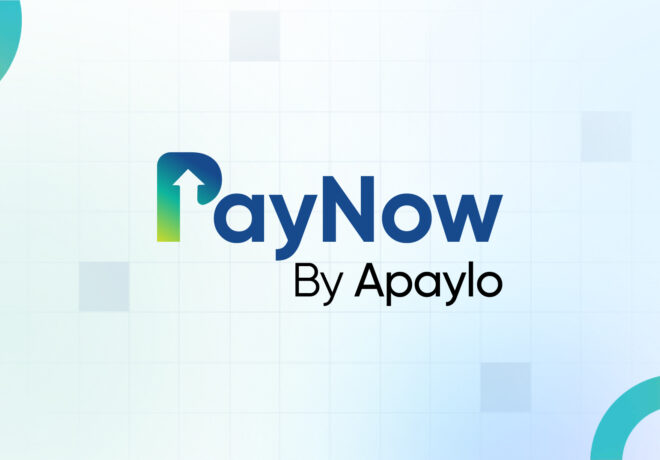We’ve all seen the term P2P (or Peer-to-peer) used more frequently over the past few years, as the internet has evolved. Probably the most popular P2P network in history was ,Napster, which revolutionized the early days of the internet, before being shut down by the US government after an endless stream of lawsuits from the entertainment industry.
The term Peer-to-peer basically alludes to computer networks that use a distributed architecture. All computers and devices that make up the P2P network are referred to as peers, and they share and exchange workloads and resources- including files, disk storage capacity, and network bandwidth.
As there are no central administrators or regulatory bodies in the P2P networks, they are essentially viewed as the most egalitarian computer networks- where all peers in the network are equals with each other; no one peer has special privileges over the other, and all peers share the same duties and rights- functioning simultaneously as both clients and servers.
In 1979, the earliest precursor to a P2P network was introduced to the world in the form of ,Usenet– which was a system that allowed its users to post and exchange messages and news- very similar to today’s online forums and message boards; the only difference being that Usenet did not function under a central server or administrator. Instead, it copied the same message and news to all servers in the network- much like how today’s P2P networks equally distribute all the resources they share.
By 1999, the internet had gone mainstream and by this point, many businesses and households in North America had internet access (the early frustrating dial-up version of it!). This is when ,Napster came along and shook the entertainment industry to the core- by allowing users to distribute, download, and share music that was copyrighted- making distribution of it illegal. Napster ultimately became a victim of its own success; shut down by regulators due to the large amount of illegal file-sharing that it had facilitated.
Now, 20 years later, P2P remains one of the most popular technologies for sharing files over the internet- in both legal and illegal circumstances. As virtually anything can be shared via P2P networks, it allows for convenient global access with minimal cost and effort on the part of all peers involved. Today, P2P is the most commonly used method for sharing files between users online. Peer-to-peer networks are ideal for file sharing as they allow the computers connected to them to both receive files and send files at the same time.
Some of the biggest advantages to utilizing peer-to-peer networks include:
a) They are extremely versatile and resilient. Shutting them down is hard- because even if one peer in the network is shut down, the others are still able to operate and communicate with each other. To shut down a P2P network, every single one of the peers in the network must be shut down.
b) On a global level, P2P networks are tremendously scalable. It is incredibly simple to add new peers to the network, as there is no need for central configuration on a central server (as there is no central server!).
c) The larger a peer-to-peer network is, the faster it is in terms of file-sharing speed. By having the same file stored on multiple peers in the network, the file is downloaded from multiple locations simultaneously- and at a much faster speed.
As the internet continues to grow and evolve, we can expect to see peer-to-peer networks also evolve at their own pace- taking on innovative and exciting new forms- as internet access continues to expand across all corners of the globe- to third-world and periphery nations and users- making for an even more diverse and connected global internet village. These are truly very exciting times indeed!






